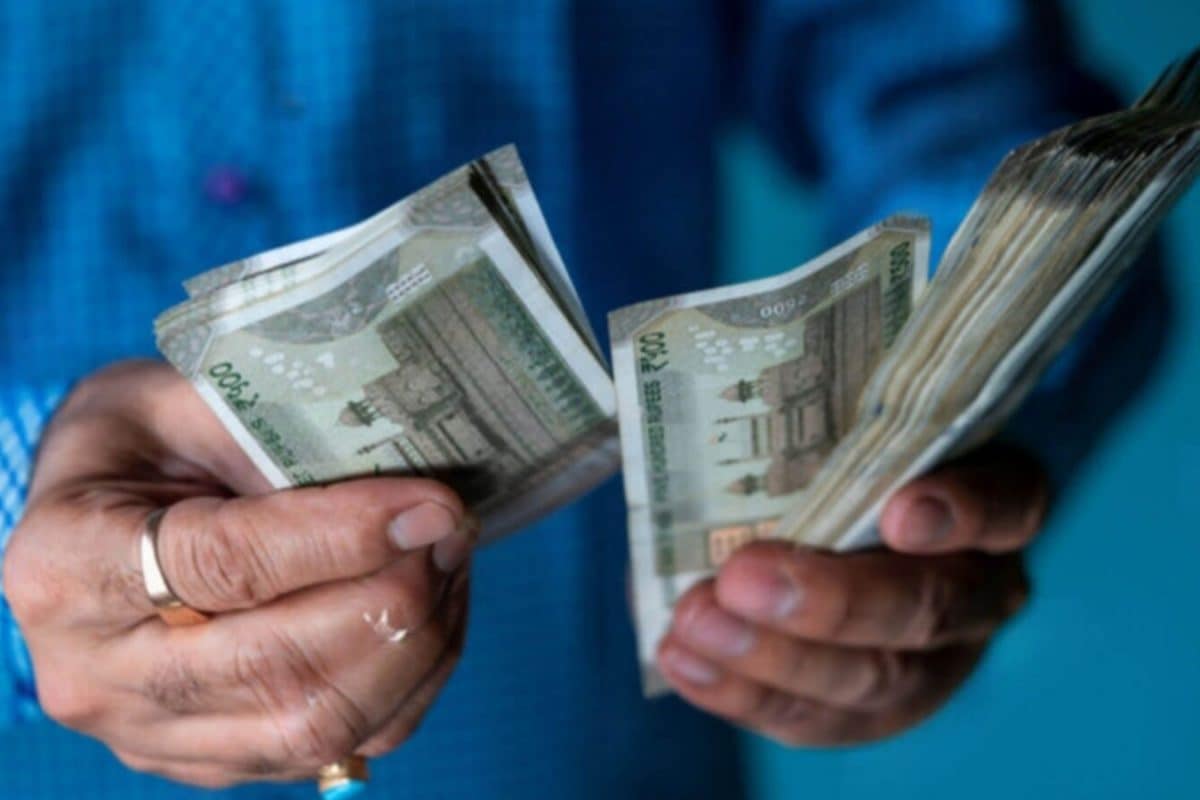

The Income Tax Department is keeping a close watch on cash transactions, and violating certain rules can attract significant penalties. Here are seven cash transaction rules that could lead to a 100% penalty.
1. Receiving ₹2 Lakh or More in Cash
Section 269ST of the Income Tax Act prohibits any person from receiving ₹2 lakh or more in cash in a single day from one person. This restriction applies to a single transaction, or for transactions relating to one event or occasion. The penalty for violating this rule is a sum equal to the amount received. This applies to individuals and entities, and the responsibility to comply falls on the receiver of the cash. Exceptions to this rule include transactions involving government institutions, banking companies, post offices, cooperative banks, and other notified entities.
2. Accepting Loans, Deposits, or Specified Sums of ₹20,000 or More in Cash
According to Section 269SS, no person can accept any loan, deposit, or specified sum of ₹20,000 or more in cash. All such transactions must be done through banking channels. Violating this rule attracts a penalty under Section 271D, equal to the amount of cash accepted. However, this section does not apply to acceptance of loans or deposits from the government, any banking company, post office savings bank, cooperative bank, or any corporation established by a Central, State, or Provincial Act.
3. Repaying Loans or Deposits of ₹20,000 or More in Cash
Section 269T prohibits repaying loans, deposits, or specified advances in cash above ₹20,000. Violations of this rule result in penalties under Section 271E, equal to the amount repaid in cash. Exceptions include repayments to government bodies, banks, or notified institutions.
4. Cash Payments for Business Expenses Exceeding ₹10,000
Section 40A(3) of the Income Tax Act pertains to the cash payment limit for expenditures made in cash. If payment for any expenditure exceeding ₹10,000 is made in cash, the expenditure will be disallowed under the Income Tax Act. For transporters, this limit is ₹35,000. It is essential for all taxpayers to make any payment for expenses over ₹10,000 through banking channels like debit card, account transfer, cheque, or demand draft.
5. Donations Exceeding ₹2,000 in Cash
No deduction is allowed under Section 80G of the Income Tax Act for donations exceeding ₹2,000 unless the sum is paid by any mode other than cash. This amendment to Section 80G by the Finance Act 2017 aims to promote a cashless economy and transparency. Donations in kind, such as clothing, food, or drugs, do not qualify for a tax deduction.
6. Failure to Facilitate Digital Payments
Businesses with a turnover exceeding ₹50 crore must facilitate digital payment methods like UPI, NEFT, and RTGS. Failing to comply results in a ₹5,000 daily penalty under Section 271DB. This rule aims to reduce reliance on cash and encourage digital financial systems.
7. Real Estate Transactions
The acquisition of a flat or any property using full cash is not permissible. Real estate transactions are bound by a cash transaction limit, and any transaction exceeding ₹20,000 in cash cannot be executed. As per Section 269SS of the Income Tax Act, receiving payments exceeding ₹20,000 in cash renders the seller liable for a penalty fee of 100%.
The Income Tax Department is vigilant about high-value cash transactions, and taxpayers should exercise caution when engaging in them. Violating these rules can lead to penalties and legal consequences.